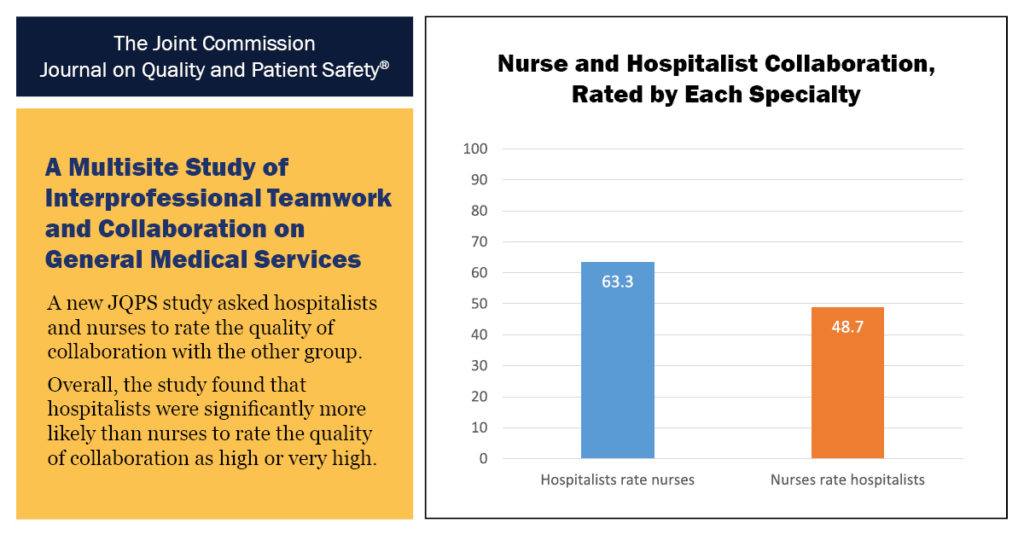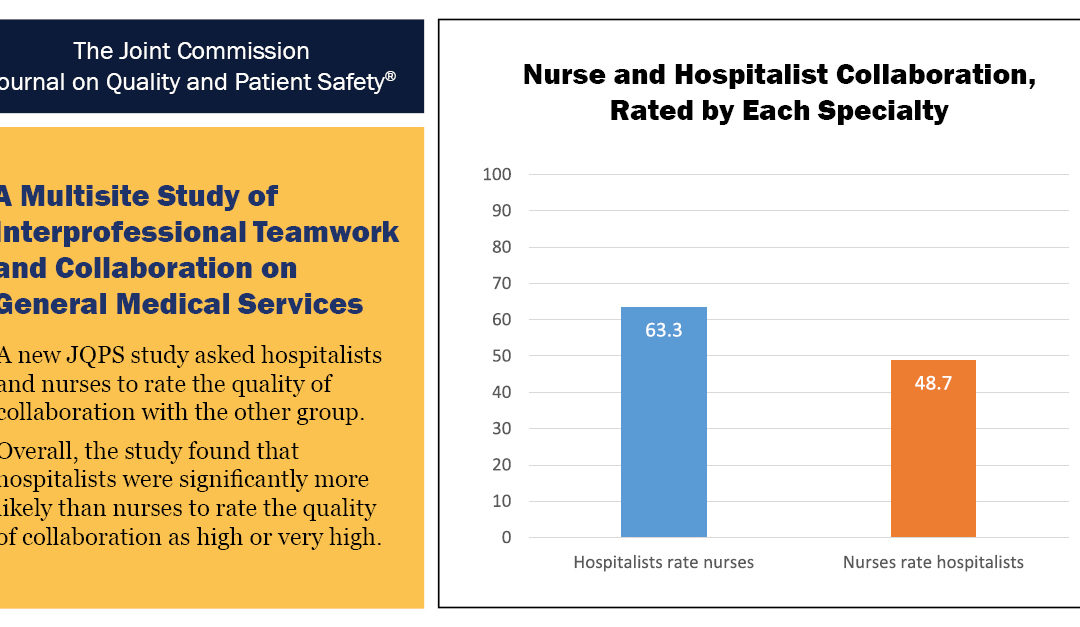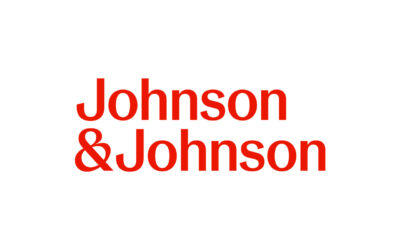
Teamwork and collaboration are essential to providing high-quality care. While research has found discrepancies between nurses’ and physicians’ perceptions in operating rooms, ICUs and labor and delivery units, less is known about perceptions on general medical services.
A new study, “A Multisite Study of Interprofessional Teamwork and Collaboration on General Medical Services,” in the December issue of The Joint Commission Journal on Quality and Patient Safety, assessed teamwork climate among nurses, nurse assistants and physicians/hospitalists working on general medical services in four mid-sized hospitals. Using the Safety Attitudes Questionnaire, respondents were asked to rate the quality of collaboration experienced with their own and other professional categories.
Among the 380 participants, median teamwork climate scores were significantly different across the four sites. In addition, ratings of the quality of collaboration differed significantly based on professional category. Specifically, 63.3% of hospitalists rated the quality of collaboration with nurses as high or very high, while 48.7% of nurses rated the quality of collaboration with hospitalists as high or very high.
Given the importance of teamwork in high-quality care and considering the variation across sites in the study, the researchers suggest that health care leaders consider conducting similar assessments to characterize teamwork and collaboration on general medical services within their own hospitals.
An accompanying editorial, “Measuring Collaboration in Health Care: Insights from the Science of Teamwork,” highlights three insights to guide future research on teamwork and collaboration in health care. “Although research on teamwork in health care provides some insights to explain differences in perceptions of collaboration by professional group, the current study leaves room for future research on interprofessional collaboration in health care,” notes the editorial









